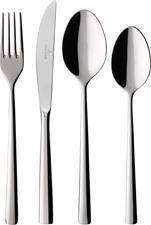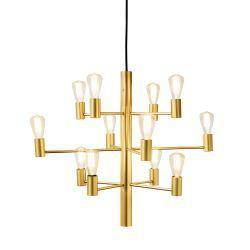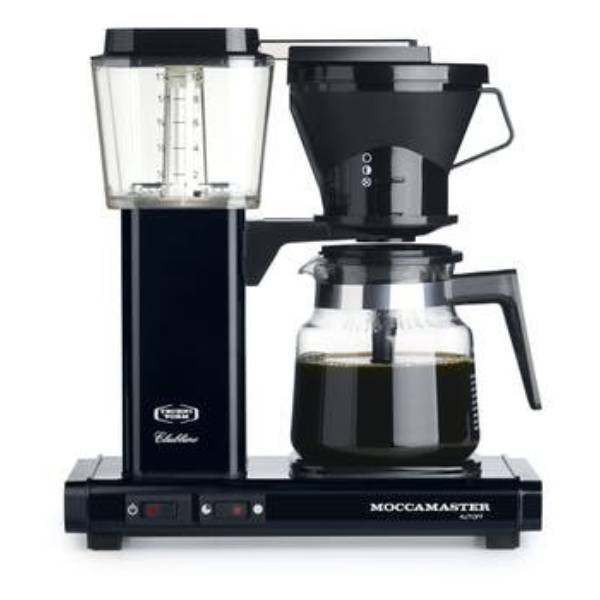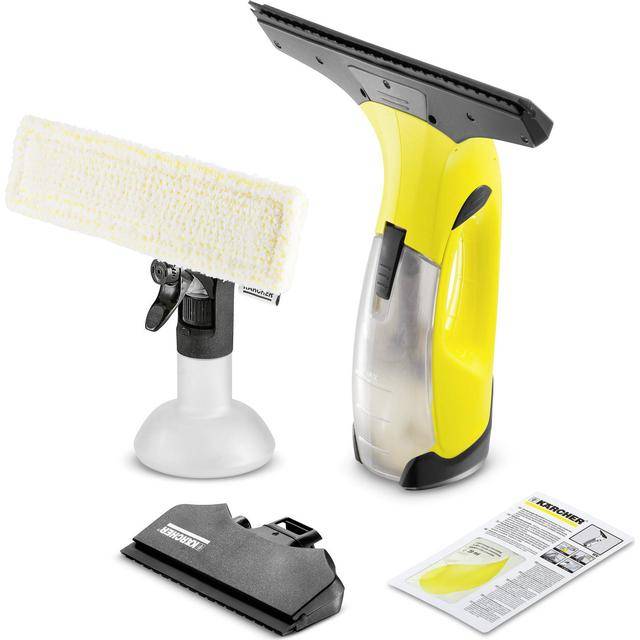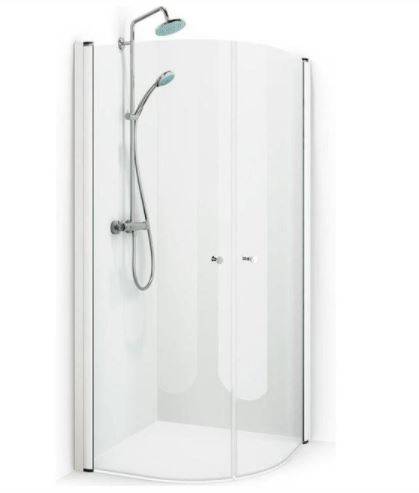Blenders
Blowtorches
Breadmakers
Coffee Grinders
Coffee Makers
Deep fryers & Airfryers
Food Cookers
Food Dehydrators
Food Mixers & Food Processors
Hand Blenders
Hand Mixers
Ice Cream Makers
Ice Makers
Juicers
Kettles
Kitchen Scales
Meat Slicers
Mincers
Mini Choppers & Spiralisers
Other Kitchen Appliances
Pasta Makers
Popcorn Makers
Sandwich Toasters
Soft Drink Makers
Toasters
Vacuum Sealers
Waffle Makers
Raspberry Pi Single-Board Computers
Try flexible payments withLearn how
100+ products

Raspberry Pi M.2 Hat+
8 GB RAM

Raspberry Pi SC1676 512GB SSD Kit

Raspberry Pi SC1631 Pico 2
512 MB, 8 GB, 4 MB RAM

Raspberry Pi SC1634 2 W with Header

Raspberry Pi RPI CM5 IO Board I/O Module
8 GB RAM

Raspberry Pi Compute Modul 3 Lite 1 GB

Raspberry Pi Camera Module 3 Wide

Raspberry Pi SC1230 500 Unit
8 GB RAM

Raspberry Pi SC0480 CM4 CM5 Antenna Kit

Raspberry Pi Zero 2 WH

Raspberry Pi Module 4 1GB

Raspberry Pi SC1975 Touch Display 2

Raspberry Pi SC1675 256GB SSD Kit
8 GB RAM

Raspberry Pi SC0698 Compute Module Rev5 1GB RAM 32GB

Raspberry Pi SC1588 Compute Module 2GB RAM 16GB
8 GB RAM

Raspberry Pi SC0671 CM4104000 Compute Module 4 Rev5
4 GB RAM

Raspberry Pi CM5108000 8GB RAM 0GB EMMC Wireless
8 GB RAM

Raspberry Pi 1 Model B+ 512MB

Raspberry Pi SC1468 SC1791 Hat 26 Tops
8 GB RAM

Raspberry Pi SC2094 500 UK Kit

Raspberry Pi 4 4GB Starter Kit

Raspberry Pi Raspberry Pi 5 8GB Desktop Starter Kit

Raspberry Pi RP2040 Microcontroller

Raspberry Pi 1GB Compute Module 4

Raspberry Pi Compute Module 3+

Raspberry Pi CM4001016 1GB 4 x 1.5 GHz
Single-Board Computers: 3 things to consider before buying
When selecting single-board computers, it's crucial to evaluate your processing power requirements. If you're building a simple project, like a basic media player or a digital photo frame, a model with a lower-spec processor will suffice. However, for more demanding tasks such as robotics or machine learning, you'll need a board with a powerful CPU and possibly additional GPU support. Assess your project's needs before making a purchase to ensure you select the right balance of performance and cost.
Connectivity is key when choosing single-board computers. Consider what peripherals you plan to use and ensure the board has the necessary ports and wireless capabilities. For instance, if you need internet access, look for models with built-in Wi-Fi or Ethernet ports. If you plan to connect multiple devices, check for USB ports or GPIO pins. Think about future expansion too; having extra connectivity options can save you from needing to upgrade later.
Before purchasing single-board computers, verify that they are compatible with the software and accessories you intend to use. Many boards support popular operating systems like Linux or Windows IoT Core, but it's important to confirm this based on your specific requirements. Additionally, check if the board supports the sensors, cameras, or displays you wish to integrate into your project. Compatibility ensures smoother integration and reduces potential issues during development.
FAQ
Single-Board Computers are compact computers built on a single circuit board. They include a processor, memory, and input/output features. These computers are versatile and often used for educational purposes, hobby projects, or as media centers. Consider the processing power, connectivity options, and operating system compatibility when choosing one.
Single-Board Computers are smaller and less powerful than traditional desktop or laptop computers. They are designed for specific tasks rather than general use. Single-Board Computers are ideal for projects requiring low power consumption and compact size. Evaluate your project needs to determine if a Single-Board Computer is suitable.
Single-Board Computers are used for various applications such as programming education, IoT projects, home automation, and media streaming. Their versatility allows you to customize them for specific needs. Assess the required features like connectivity ports and processing speed based on your intended use.
Single-Board Computers are excellent for beginners due to their simplicity and affordability. They offer an accessible way to learn programming and electronics. Look for models with strong community support and abundant online tutorials to assist in your learning journey.
Single-Board Computers require consideration of factors like processing power, RAM, storage options, connectivity ports, and operating system support. Determine the primary purpose of the computer to select suitable specifications that meet your requirements efficiently.
You’ve viewed 48 out of 126 products
Advertisement
Popular searches in Single-Board Computers
- Raspberry 4
- Raspberry pi zero
- Bluetooth - Memory Card Reader - Wi-Fi Single-Board Computers
- Bluetooth - Wi-Fi Single-Board Computers
- Single-Board Computers on sale
- Wi-Fi Single-Board Computers
- MicroSD Single-Board Computers
- BCM2711 Single-Board Computers
- USB-A Single-Board Computers
- USB-C Single-Board Computers
- 3.5 mm Jack Single-Board Computers
- RJ45 (LAN) Single-Board Computers
- Micro-USB Single-Board Computers
- Mini HDMI Single-Board Computers
- Micro HDMI Single-Board Computers
- HDMI Single-Board Computers
- Wi-Fi 5 (802.11ac) Single-Board Computers
- Wi-Fi 4 (802.11n) Single-Board Computers
- Memory Card Reader Single-Board Computers
- MicroSDHC Single-Board Computers
- ARM Single-Board Computers
- Broadcom Single-Board Computers
- 4 GB Single-Board Computers
- 512 MB Single-Board Computers
- DDR4 Single-Board Computers
- 1 Gbit/s Single-Board Computers
- Bluetooth Single-Board Computers
